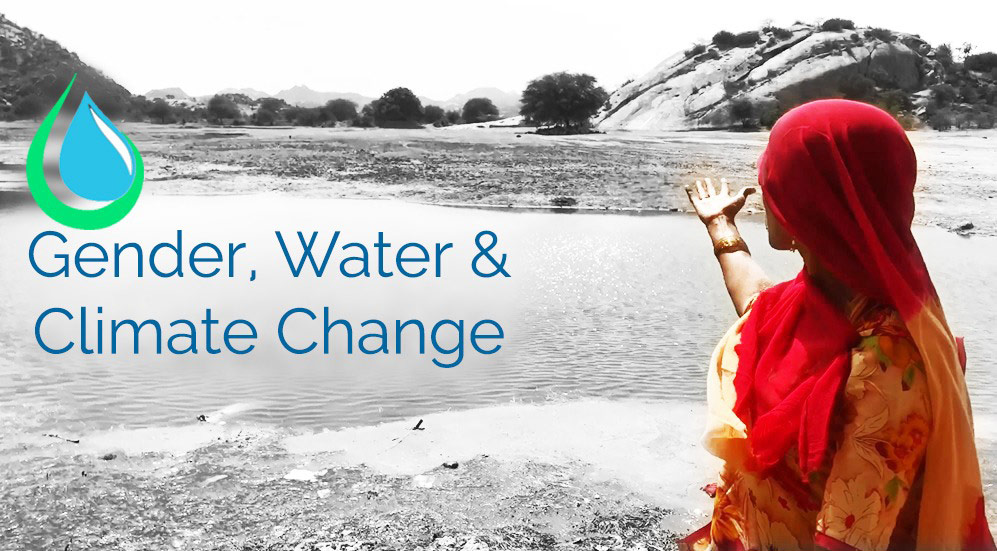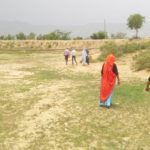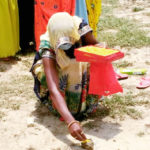There is a large literature existing on Gender inequality, water conservation and climate change as a phenomenon. But joining the dots and establishing an intersection between these three major issues is what makes the study intriguing. Women are responsible for more than three quarter of the household chores and management around the globe though they share limited responsibility in patriarchal households where major decisions are taken by the men of the family. Women are often responsible for gathering and producing food, sourcing fuel for heating and cooking and share the disproportionate onus of the collection and safeguarding of water. They are the primary care takers and are responsible for the healthcare of their families.
Water crisis is not a new phenomenon. People need fresh water for drinking, personal care and agricultural activities in rural areas. Women play a central part in water collection as they are the ones who go out and fetch water for the household activities. Due to declining groundwater levels, extraction of water for household activities is getting tougher day by day. Climate change and natural disasters worsen the situation by aggravating water scarcity with significant gender consequences. Climate change accelerates vulnerabilities, marginalization and sufferings of women as the consequences are unevenly felt across gender and class lines. Gender biases often reduce their access to natural resources and increases their burden of climate change induced consequences. It impacts women more severely due to structural inequalities in economic and social rights, and cultural, economic and social disadvantages.
As per the existing societal structure, women play an important role and are the primary managers and consumers of water. Women disproportionately share the higher obligation of water collection, fetching and usage and hence considered as the flag bearer of water management and conservation. They play an important role in climate adaption and mitigation of water scarcity by using ideal water conservation techniques. Their habits on water usage are very crucial to monitor and design strategies and policies accordingly on water conservation keeping natural anomalies in mind. Women have the knowledge, sensibility and understanding of what is needed to adapt to changing environmental conditions and to come up with practical solutions. They have the potential to bring changes in community for water usage. But they are still a largely untapped resource. Restricted land rights, lack of access to financial resources, training and technology, and limited access to political decision-making spheres often prevent them from playing a major role in tackling climate change and other environmental challenges.
Unfettering the knowledge and capability of women serves as an important opportunity to design effective climate change solutions for the benefit of all. Moreover, bringing gender equality and shifting the exorable burden of women by sharing the onus of water collection and conservation both by men and women, equally would help in mitigating water issues prevailing majorly in rural areas, addressing climate change phenomenon and contribute in maintaining a sustainable environment to live in.






[…] Source link […]